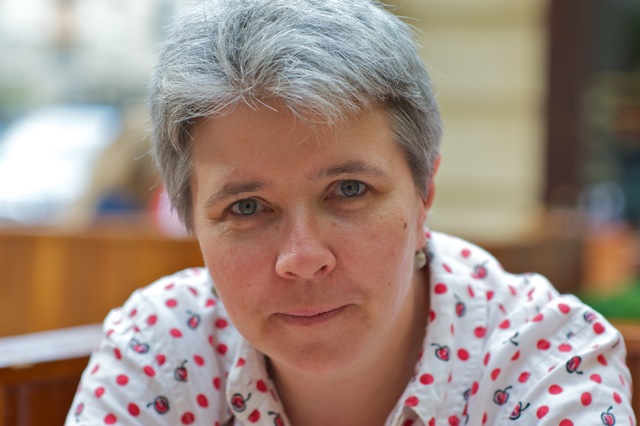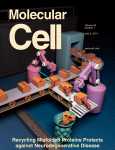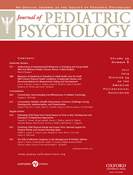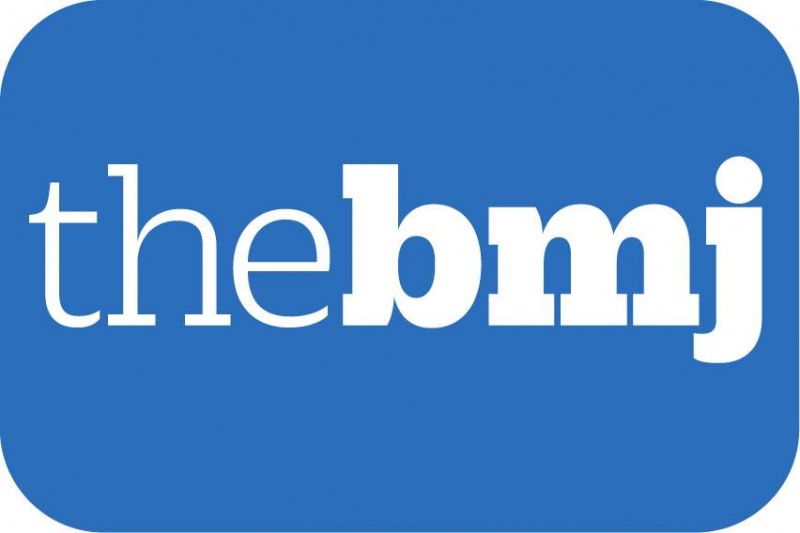COPE workshop at EASE 2014
Report by COPE council member Mirjam Curno
COPE was represented at the European Association of Science Editors (EASE) conference 2014, which was held in Split, Croatia. With the topic “The complex world of science editing” the COPE workshop fitted well, with ethical dilemmas faced by editors certainly being increasingly complex and complicating the editorial tasks.
As well as myself, COPE secretary André van Steirteghem and COPE alumni Irene Hames and Liz Wager held a case workshop as part of the conference programme. Despite it being the last parallel session of the day, the turnout was excellent, with around 50 participants. Irene Hames started off the workshop with an introduction to COPE and an overview of the COPE Case Taxonomy. She highlighted the categories that showed interesting developments over the 16 year period that the cases cover. These include, for example, authorship, which has been a consistent presence at forums, in contrast with peer reviewer cases, which saw a sharp increase in recent years. Overall, Hames noted that, based on the classification, cases appear to have become more complex over time, with more categories and keywords needed to describe them. André van Steirteghem then took over to update the participants on new initiatives and resources at COPE, such as the “Ask COPE” opportunity now available for members.
There were several questions by participants regarding how COPE handles complaints and how it deals with members who do not follow the code of conduct. André van Steirteghem and I explained that the complaints procedure has recently been revised and details can be found on the COPE website. COPE’s mission remains education and practical support for editors and publishers; COPE does not seek to punish members.
The workshop then split into breakout groups to discuss five cases adapted from forum discussions. These focused on plagiarism, including self-plagiarism and serial plagiarism, authorship and redundant publications issues in particular. Lively discussions addressed difficult decisions that face editors. What if an editor has doubt over the addition of an author after publication, despite all authors agreeing to the change? Should an editor contact other journal editors in a case of serial plagiarism? André van Steirteghem noted the great interest and excellent awareness of the well represented Croatian editors during the discussions. Croatia has a solid tradition in publishing, including training and active editors engaged in publication ethics.
The workshop was kindly evaluated by 40 participants, who overwhelmingly rated this workshop 8.7/10.0 in meeting their expectations. Enthusiastic comments included “The management of the session was wonderful since I have time to think again on publication ethics” and “I really enjoyed this workshop—this was a useful learning experience”.
COPE would like to thank all of the participants, and EASE for the opportunity to offer this workshop.

COPE alumni, Irene Hames, discusses the new COPE Case Taxonomy at the EASE conference.

COPE secretary André van Steirteghem, explains the benefits of COPE membership at the EASE conference.

Workshop session at the EASE conference in Split, Croatia.
Report from COPE Australian Seminar, June 2014
COPE held its third Australian Seminar on 23 June 2014 in Melbourne, Australia.
The theme of the 2014 seminar was “Publication ethics from student to professional”, with the day’s presentations and discussions focused on publication ethics issues faced by researchers at various stages of their careers, and by journal editors and publishers.
Dr Ginny Barbour, COPE Chair, opened the seminar by providing a brief overview of recent COPE activities, including introducing the audience to COPE’s new ethical guidelines for peer reviewers.
The presentation by Drs Paul Taylor and Daniel Barr from the University of Melbourne introduced some of the issues that student researchers face when managing the integrity of their research. Dr Sarah Olesen from the Australian National Data Service (ANDS) discussed the ethics of data publication and provided a brief overview of the work of ANDS. Deb Wyatt from Wiley also provided an overview of the updated Wiley publication 'Best practice guidelines on publishing ethics: a publisher's perspective, second edition'.
The day concluded with an interactive workshop, where real life case studies related to the seminar theme and previously discussed at a COPE Forum were discussed.
COPE wishes to thank Wiley for supporting and hosting the event again in 2014.

Left to right: COPE council member, Michael Wise, COPE Ombudsman, Suzanne Morris, and COPE Chair, Virginia Barbour at the recent COPE Australian seminar in Melbourne.

Virginia Barbour, COPE Chair, presenting at the COPE Australian seminar in Melbourne.
COPE visit to the University of Hong Kong, May 2014
COPE Ombudsman, Dr Suzanne Morris, visited the University of Hong Kong (HKU) in May 2014 to present on publication ethics to the Faculty of Architecture Research Retreat.
The focus of the 2014 retreat was to discuss the importance of publication ethics in the field of architecture. Research outputs in the field of architecture are diverse and include traditional outputs (eg, journal and conference papers) and non-traditional outputs (eg, building, city and landscape designs).
The opening presentation at the retreat was given by Prof Frederick Leung, HKU Director of Education and Development for Research Integrity, who discussed HKU's policies on research integrity and HKU’s research integrity training requirements.
Dr Morris discussed the importance of publication ethics in traditional research output formats and the role of COPE in supporting editors and publishers manage ethical issues in publishing. Professor Weijen Wang, Head Department of Architecture, HKU, then discussed integrity in non-traditional forms of research outputs such as built design projects and curatorial works, particularly in relation to the safety and accreditation of a design and the fit of the design for the surrounding environment.
The day concluded with a public forum on "Research Ethics for the Built Environment" which was hosted by Professor Paul Tam, Vice-President and Pro-Vice- Chancellor (Research), HKU. In addition to Dr Morris, the forum speakers were Dr Roger Chan, Associate Dean (Research), Faculty of Architecture, HKU, and Dr Peter Cookson Smith, Immediate Past President, Hong Kong Institute of Planners.

COPE Ombudsman, Suzanne Morris, presenting at the retreat in Hong Kong.

Left to right: Roger Chan, Suzanne Morris, Peter Cookson Smith at the Faculty of Architecture Research Retreat, Hong Kong.
Ask COPE
COPE hosted it’s third ‘Ask COPE’ service on 19 June. Available as a member benefit, members can ask a publication ethics related question of two Council members in real-time via our webinar facility.
Two cases were discussed. Interestingly, both were related to issues regarding the integrity of published data, and whether or not the data were fabricated. In both instances COPE advised against the editor analysing the data. It is up to the institution to determine whether or not data are correct—they have access to the data and to the authors. COPE felt that it is beyond the remit of the editor to analyse the data.
The next Ask COPE will be in August (date to be confirmed).
Register for COPE North American Seminar, 13 August 2014
There’s still time to register for COPE's 5th North American seminar, which will be held in collaboration with ISMTE (International Society of Managing & Technical Editors), on Wednesday 13 August 2014 at the Hyatt Regency Philadelphia at Penn's Landing, Philadelphia, Pennsylvania, USA. Special rates at the Hyatt Hotel end on July 17. The theme of the COPE seminar will be centred around 'new technologies and behaviours for identifying publication ethics issues'. For more details on accommodation and to register, see here.
 This month sees news of ethical concerns on some high profile papers but also a large swath of much more mundane issues in publication ethics—which is where the large bulk of problems arise. This is one of the reasons why we took the theme of our Australian Seminar to be “Publication ethics from student to professional”, and why it is our firm belief that education around publication ethics can’t start early enough.
This month sees news of ethical concerns on some high profile papers but also a large swath of much more mundane issues in publication ethics—which is where the large bulk of problems arise. This is one of the reasons why we took the theme of our Australian Seminar to be “Publication ethics from student to professional”, and why it is our firm belief that education around publication ethics can’t start early enough.


 An academic has succeeded in having his name removed from a listing of the supposed editorial board of a suspected ‘predatory’ journal after his university’s legal department intervened
An academic has succeeded in having his name removed from a listing of the supposed editorial board of a suspected ‘predatory’ journal after his university’s legal department intervened














